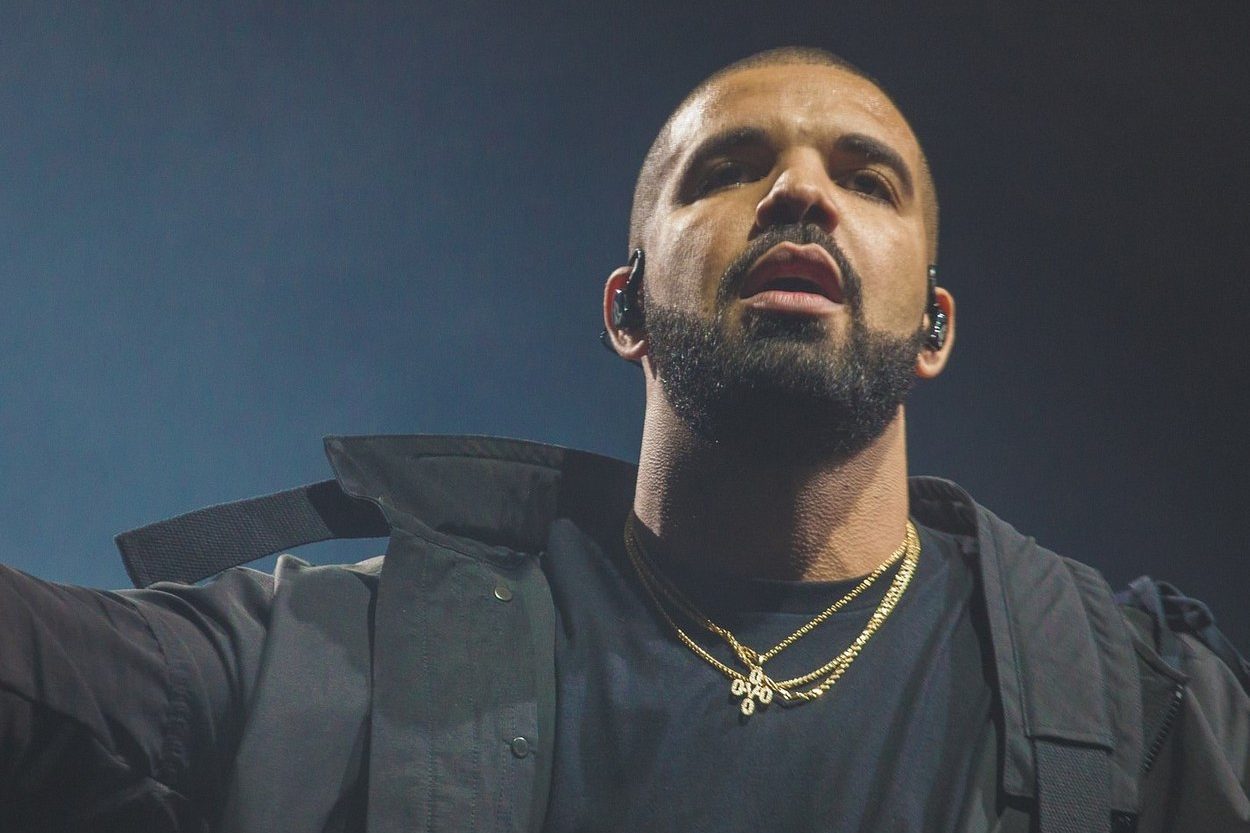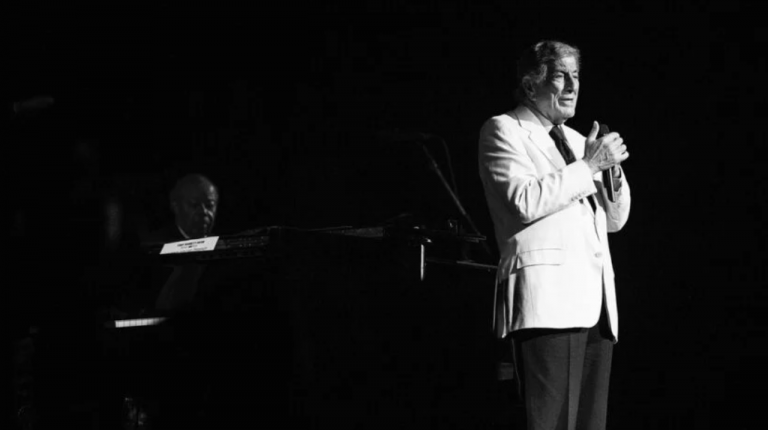
Photo Credit: Flickr by The Come Up Show | CC BY 2.0
In a significant ruling for the music world, a US federal court has dismissed Drake’s defamation lawsuit against Universal Music Group (UMG), finding that Kendrick Lamar’s explosive diss track, “Not Like Us,” is protected as artistic opinion, not actionable defamation. This decision, handed down by Judge Jeannette Vargas in the Southern District of New York on Thursday, October 9, underscores the robust protection afforded to creative expression, especially within the fiery context of a rap battle.
The Lawsuit and the Court’s Finding
Drake’s lawsuit, filed in January 2025, targeted UMG, alleging they knowingly promoted “Not Like Us” (released May 4, 2024) despite its “insinuations that he has sexual relations with minors” being false and defamatory. However, Judge Vargas determined that the accusations in Lamar’s lyrics could not reasonably be interpreted as factual statements when viewed within the broader “perhaps most infamous rap battle in the genre’s history.”
The judge’s ruling hinged on the principle of protected opinion. Judge Vargas’s 38-page opinion critically emphasized that the songs in a rap battle “are in dialogue with one another” and “must be read together to fully assess how the general audience would perceive the statements.” The court ultimately concluded the track “…constitutes protected opinion rather than actionable defamation.”
Industry Reaction and Appeal
UMG, which represents both artists (Drake via Republic Records and Lamar via Interscope), welcomed the ruling. A spokesperson stated, “From the outset, this suit was an affront to all artists and their creative expression and never should have seen the light of day.” They added, “We’re pleased with the court’s dismissal and look forward to continuing our work successfully promoting Drake’s music and investing in his career.”
Meanwhile, the track itself was a massive commercial success, even being performed at the 2025 Super Bowl Halftime Show. Despite the court’s decisive stance, a spokesperson for Drake has confirmed their intent to appeal the ruling, stating, “We intend to appeal today’s ruling, and we look forward to the Court of Appeals reviewing it.”
Key Takeaway on Artistic Freedom
This landmark decision reaffirms that in the realm of highly publicized artistic feuds, inflammatory lyrics are largely treated as protected opinion rather than literal facts. The legal precedent established by the ruling strongly protects creative expression within the context of the genre. The case highlights the delicate balance between artistic freedom and personal reputation in the digital age.








